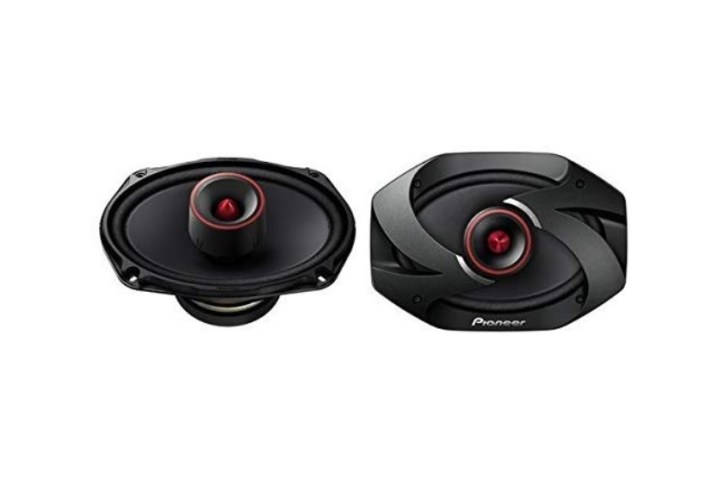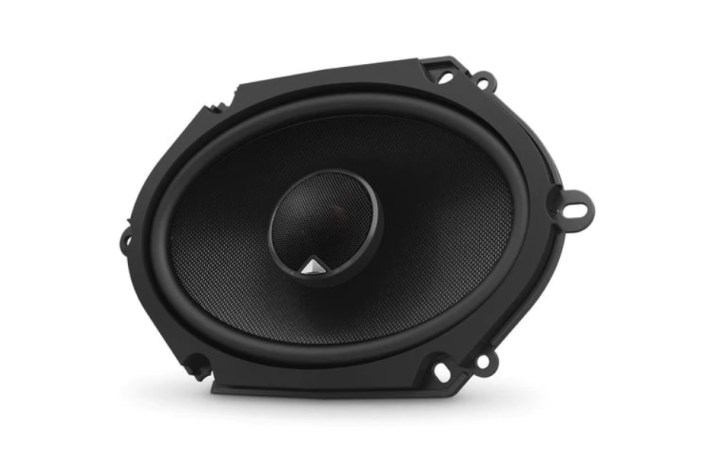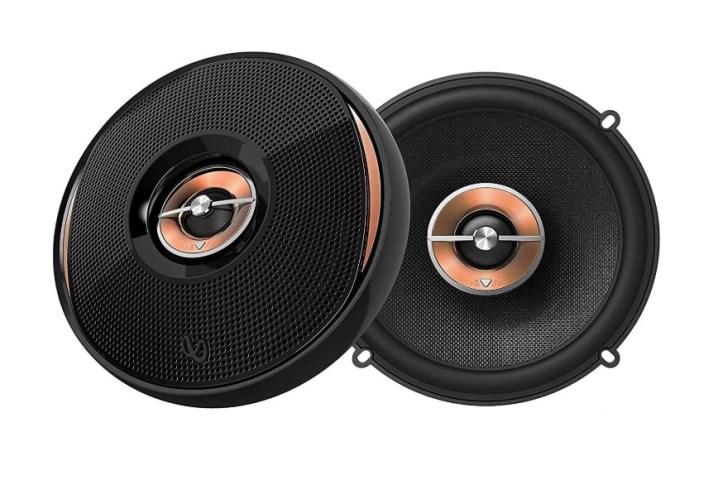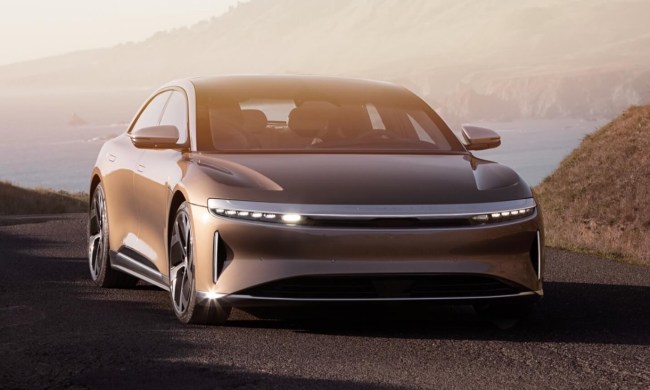The best aftermarket car speakers are not just for music aficionados — they’re for anyone who loves to listen to their favorite music while on the road. Sound engineers design aftermarket car speakers to handle the punchy bass and crisp highs of today’s popular music, and they probably offer a drastic upgrade over your car’s standard speakers.
Not only do some of the best car speakers make your music sound like the musicians are performing live in your car, but they also look nice once installed. Our list includes the best aftermarket car speakers for all music lovers and budgets.
Pioneer TS-6900PRO ($180+ per pair)

The Pioneer TS-6900PRO is one of the best aftermarket car speakers available. Part of Pioneer’s TS line, its peak wattage checks in at 600 and it delivers excellent audio quality, especially if you listen to music with a lot of bass or drums. Sound engineers conceived the TS-6900PRO to produce consistent and realistic sound that will make you feel like you’re sitting a foot away from the band. It’s a relatively compact unit, too, so it won’t take up a huge amount of space in your car.
JBL GTO 860 ($150+ per pair)

JBL is one of the most trusted names in the world of sound systems, so it comes as little surprise that it makes one the best aftermarket car speakers. The GTO 860 delivers accurate sound thanks in part to a woofer cone made out of fiberglass. Its design prevents overheating, and it’s one of the loudest speakers on the market, so you can crank up the volume as high as your eardrums can handle. Stuff a pair of GTOs in your front doors and you’ll turn your car’s stereo into a home theater system.
Infinity Kappa 62IX ($130+ per pair)

Depending on which car you install them in, aftermarket speakers generally deliver a different sound depending on the arrangement and spacing of each cabin. You will likely get more echo in a spread out, spacious model like the Chrysler Pacifica than in a relatively compact car like the Porsche 718 Boxster. Thankfully, the Infinity Kappa 62IX features adjustable tweeters so that you can manage this echo by aiming sound precisely where you want it. This solution gives you better sound quality than many standard speakers yet provides you with some control over what your setup delivers. This speaker is compact enough to fit in just about every vehicle model, and it looks so good you can leave it bare without ruining your car’s looks. Not to mention, the sound quality is top-notch.
Polk DB6501 ($100+ per pair)

What Polk Audio’s DB6501 lacks in aesthetics, it makes up for with dynamic, full-range sound quality. Polk Audio’s DB6501 provides a crystal clear sound with minimal distortion at a lower price than many other available options.
These speakers are designed for hard use and are marine certified, meaning they can stand up to the elements. Since these speakers are built to last, their robust construction makes them a little harder to conceal in your vehicles stock trim. For more spartan vehicles, like the Jeep Wrangler, these speakers provide the ultimate in durability.
Kenwood KFC-6965S ($30+ a pair)

The Kenwood KFC-6965S offers the best budget option for upgrading your current sound system on a budget, even if it does share a name with a fast food joint. While the speaker might not appear on any “Best Of” lists, it has the same Kenwood-quality sound that you’ve come to love, so even as a basic addition to your system, it will play its part.
Even if you’re using these speakers on their own, with no subwoofer or tweeter, you’ll get a rich midrange sound good for home stereo systems or theater setups. If you want to upgrade your stock system but your budget’s an issue, you’re not going to find a better option than the KFC-6965.
However, if the sky’s the limit as you improve your home stereo system, then there are other speakers on the market that can help elevate your sound. If you’re going to replace your entire system, then you can put together a great package using other speakers.



